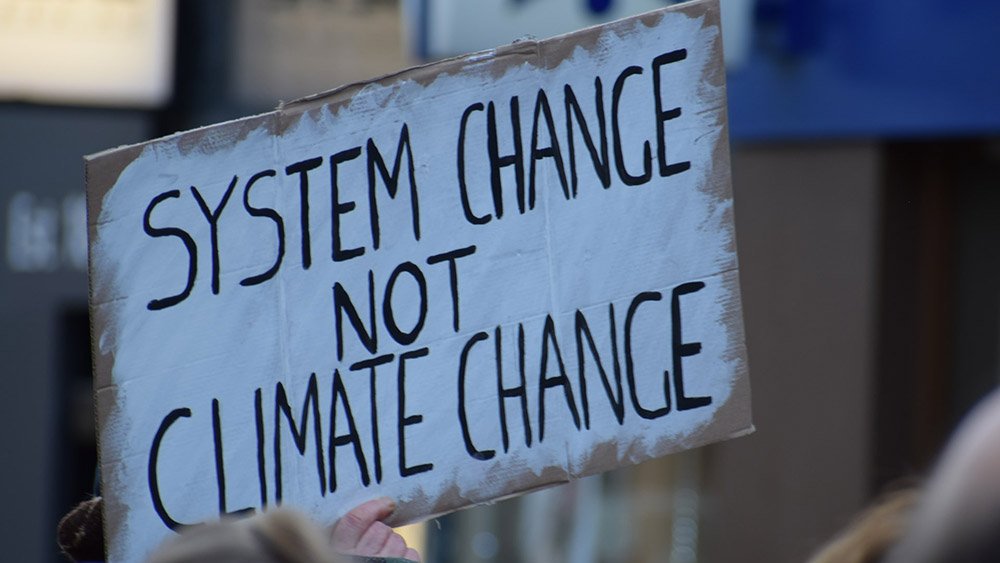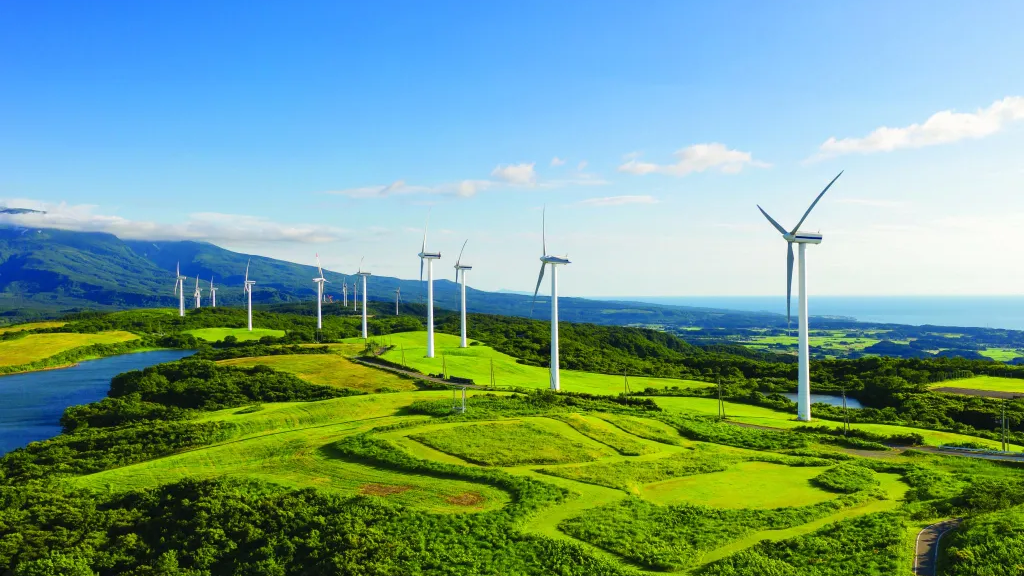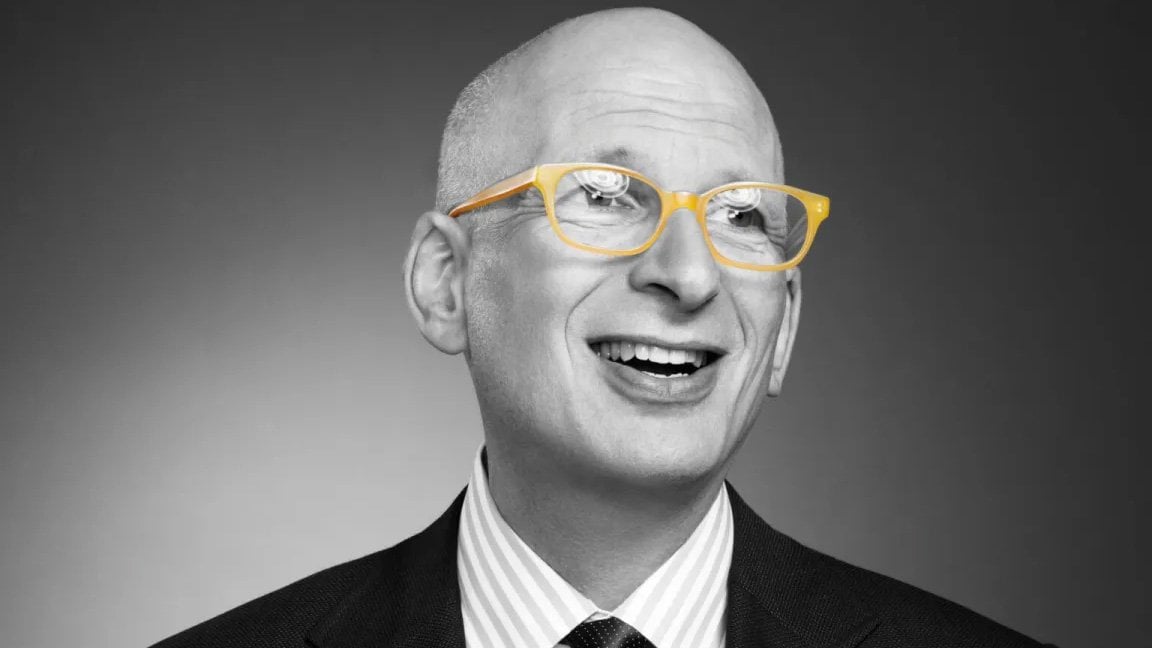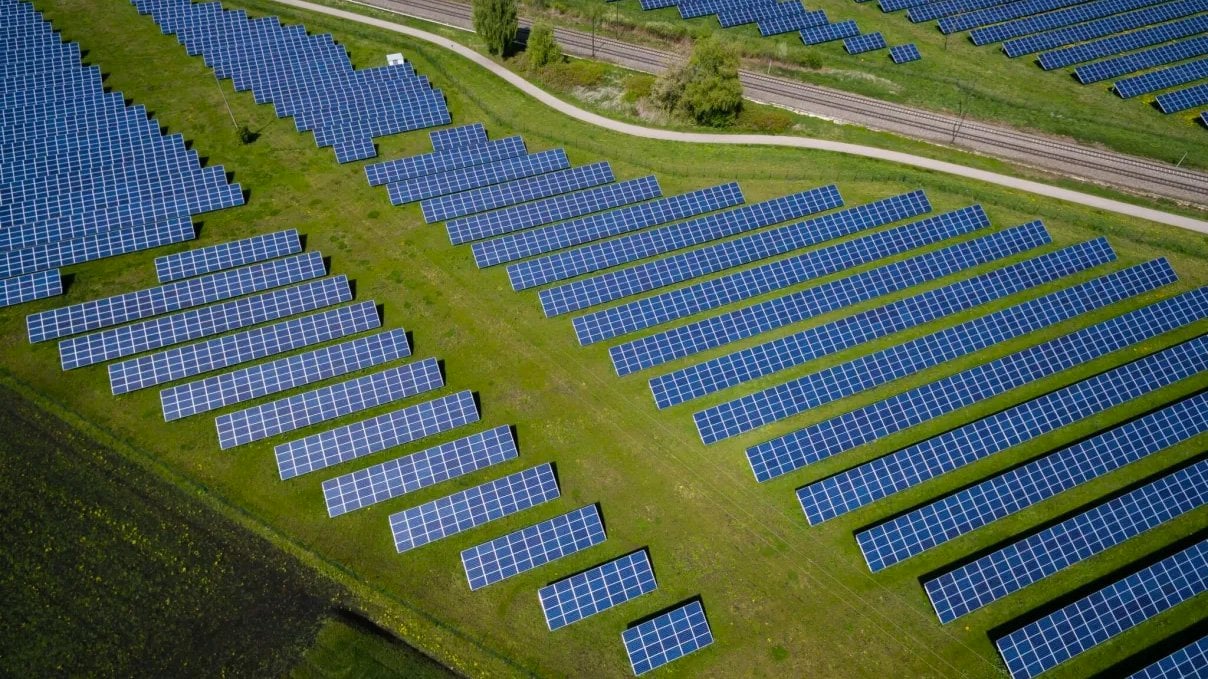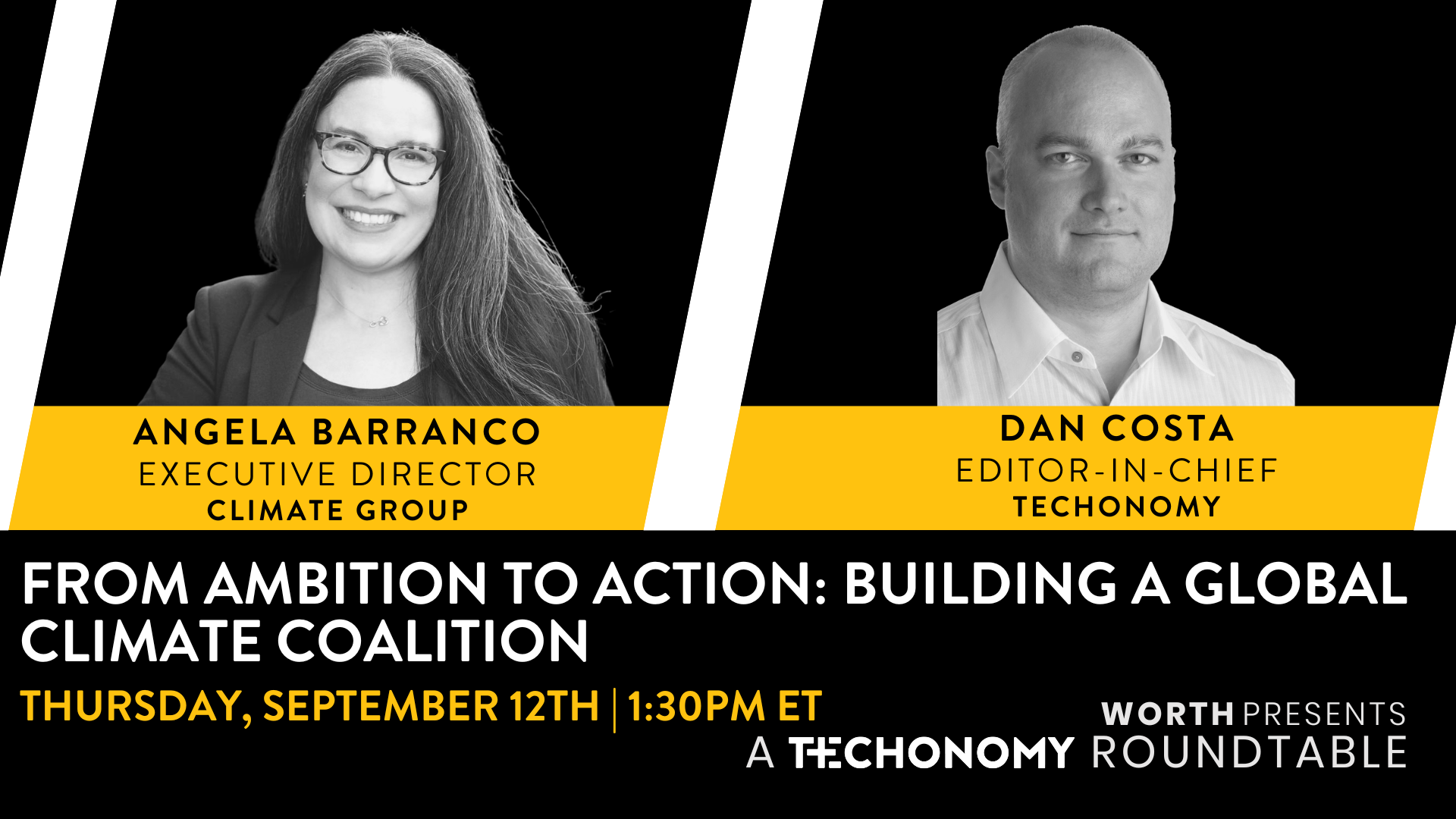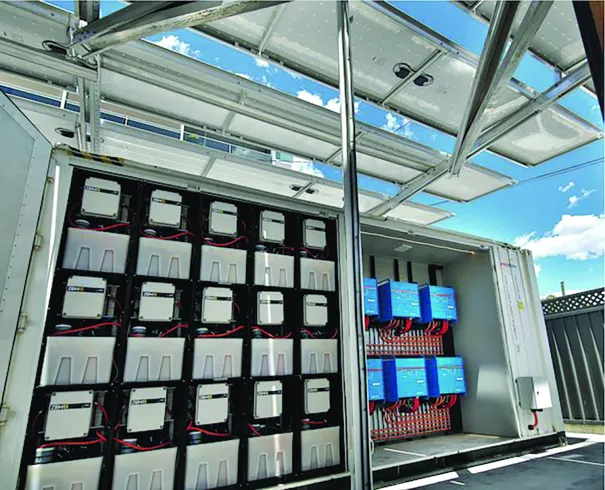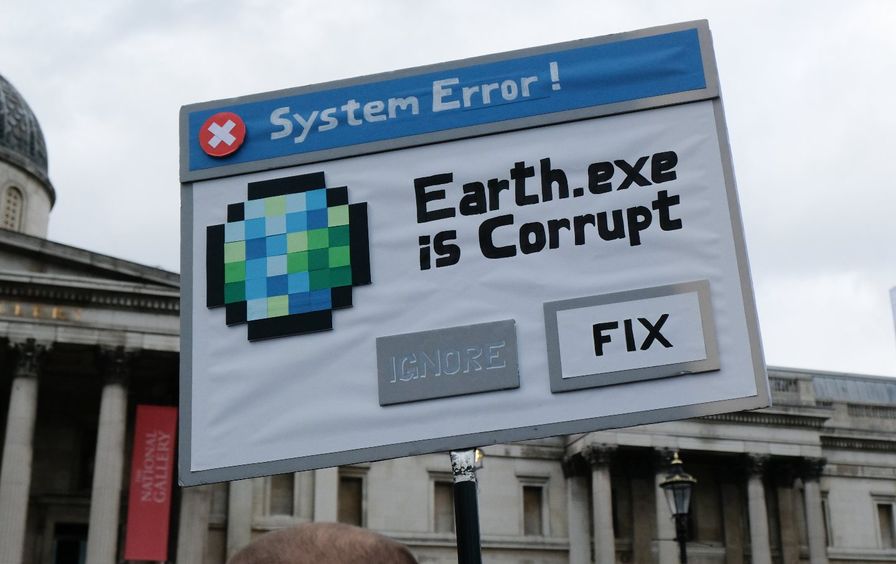As cryptocurrency steams toward mainstream adoption, attracting investors and garnering increased attention, one issue has galvanized skeptics and proponents alike: the energy consumption of crypto mining. By some estimates, the proof-of-work (PoW) mining that powers Bitcoin consumes as much electricity as a small country each year, undercutting global efforts to reduce greenhouse gas emissions and combat climate change. (PoW requires powerful computer servers to simultaneously perform cryptographic calculations to validate transactions, thereby consuming significant amounts of energy.)
It would be a mistake for crypto proponents to dismiss these denunciations outright. But crypto skeptics should not dismiss blockchain innovations simply because of the energy consumption of a (shrinking number) of protocols. Ethereum, for instance, is moving away from PoW to proof-of-stake (PoS) – thereby committing to reducing the energy consumption on its blockchain, and most newer protocols have leapfrogged PoW entirely in favor of PoS, which does not depend on the same energy-intensive mining process as PoW.

Those of us in the crypto community can add that crypto consumes much less electricity than the physical and technology operations of banks and other financial institutions. We should also note the energy required for other everyday activities – for example, household tumble dryers are responsible for 108 terawatt hours of energy each year in the United States alone, whereas Bitcoin mining uses 62 TWh each year globally. But making points like that is not enough. To answer criticisms about energy usage, it is also essential to highlight the real utility being provided by blockchain protocols in the fight against global warming.
Far from being purely speculative or frivolous, a new wave of crypto projects are pioneering ways to join that fight. KlimaDAO, for example, where I am a core contributor focused on product development, aims to democratize climate action through injecting transparency and liquidity into the Voluntary Carbon Market (VCM). In simplified terms, this means that anyone can now access a fair market price for carbon and offset emissions immediately without needing to use a third party broker. If successful, KlimaDAO will open the door for citizens, companies, and entities in every country to easily participate in a proven solution for reducing global carbon emissions.
To understand the promise of KlimaDAO requires an understanding of the Voluntary Carbon Market, as well as markets built on blockchain and smart contract technologies. The VCM entered mainstream discourse in the early 2000’s, and provided a marketplace for corporate entities (or governments) to reduce their carbon footprint by purchasing “offsets”’ matched to greenhouse gas emissions. The proceeds from these sales were earmarked for projects that advanced environmentally sustainable solutions, and the VCM was designed to increase the cost of emitting carbon – thereby driving commercial incentives to integrate green technologies. It also drove increased funding to decarbonization efforts.

While laudable in its mission and respectable in the results achieved to date, the VCM has fallen short of its promise as a global transformative solution for reducing carbon emissions. The VCM lacks transparency, and operates inefficiently. It is dominated by non-public, over-the-counter transactions, so those with access to insider information are often able to profit off of inefficiencies. Buying carbon offsets on the VCM today requires going through a broker who chooses the offsets an entity is able to buy and sets prices. As a result, the vast majority of offsets bought today are purchased by massive corporations that are able to navigate this inefficiency and afford a broker’s services.
Enter the blockchain: crypto markets have greatly expanded and matured in recent years, providing safe, secure, and efficient platforms for users to exchange tokens which fuel innovations happening across the ecosystem. Through crypto markets, almost anyone with an internet connection can easily buy and sell crypto tokens with minimal transaction costs.
KlimaDAO sits at the intersection of blockchain-based innovation in exchange platforms and the inefficient carbon-offset market. KlimaDAO enables users to buy and sell tokenized carbon offsets – verified by independent carbon credit standards bodies – on a transparent, publicly viewable, open-source market platform. Instead of needing to turn to private entities with high transaction costs and minimal price transparency, with KlimaDAO any government, corporation, or individual can in effect buy and sell carbon offsets directly.
This approach is a sea change from the status quo VCM – a transparent, publicly available market, open to all, and without costly middlemen – a potentially revolutionary innovation that can, at scale, play a major role in protecting our planet for future generations by realigning economic incentives. As the unceasing burning of fossil fuels continues to wreak havoc on our planet, we will need all hands on deck – the crypto/web3 community and activists alike. We must all work towards solutions to build a cleaner, greener, and fairer world for all.

